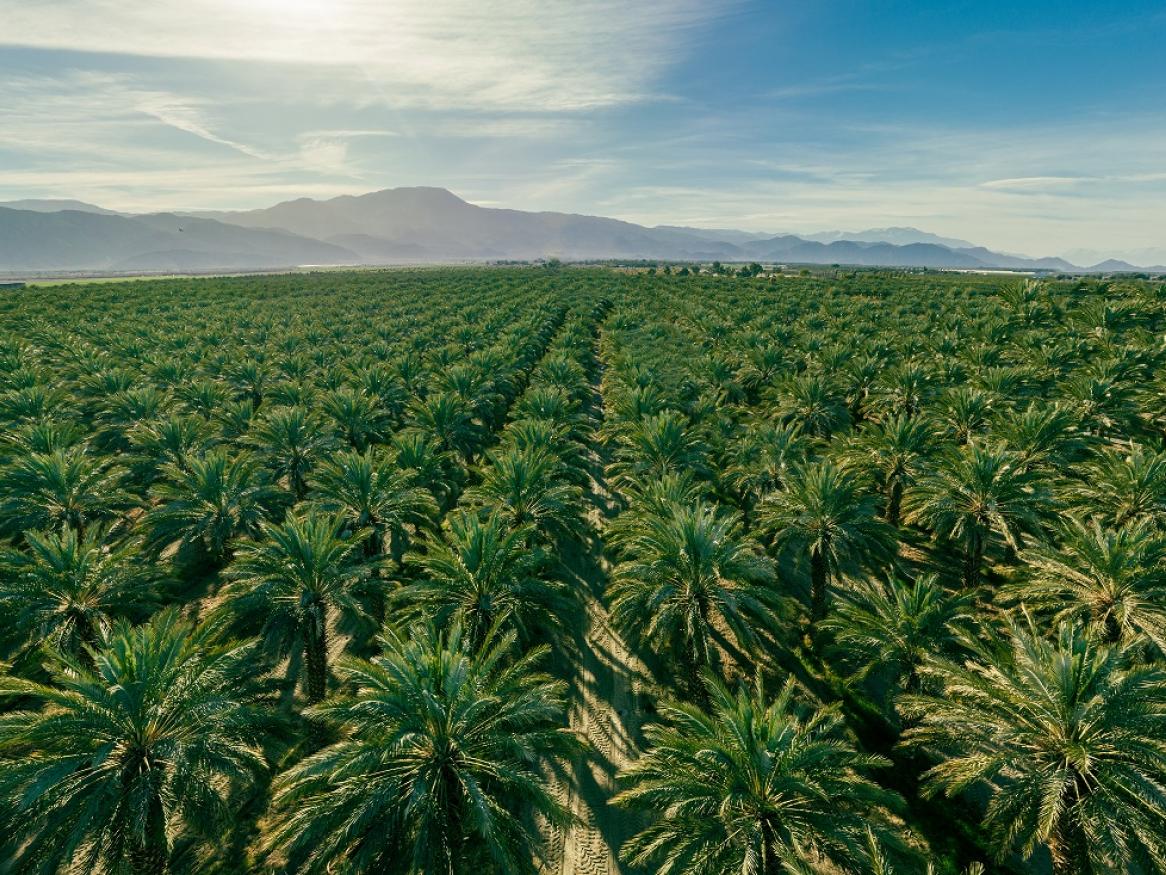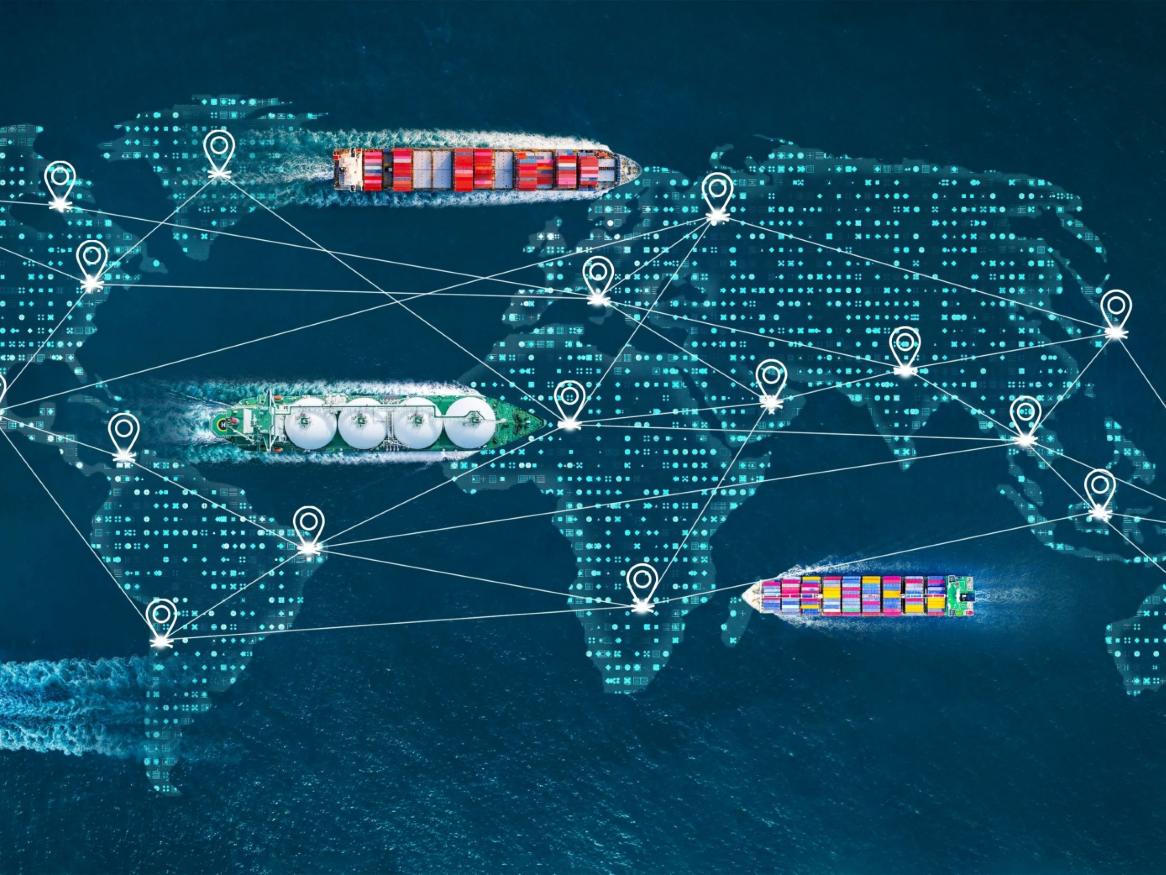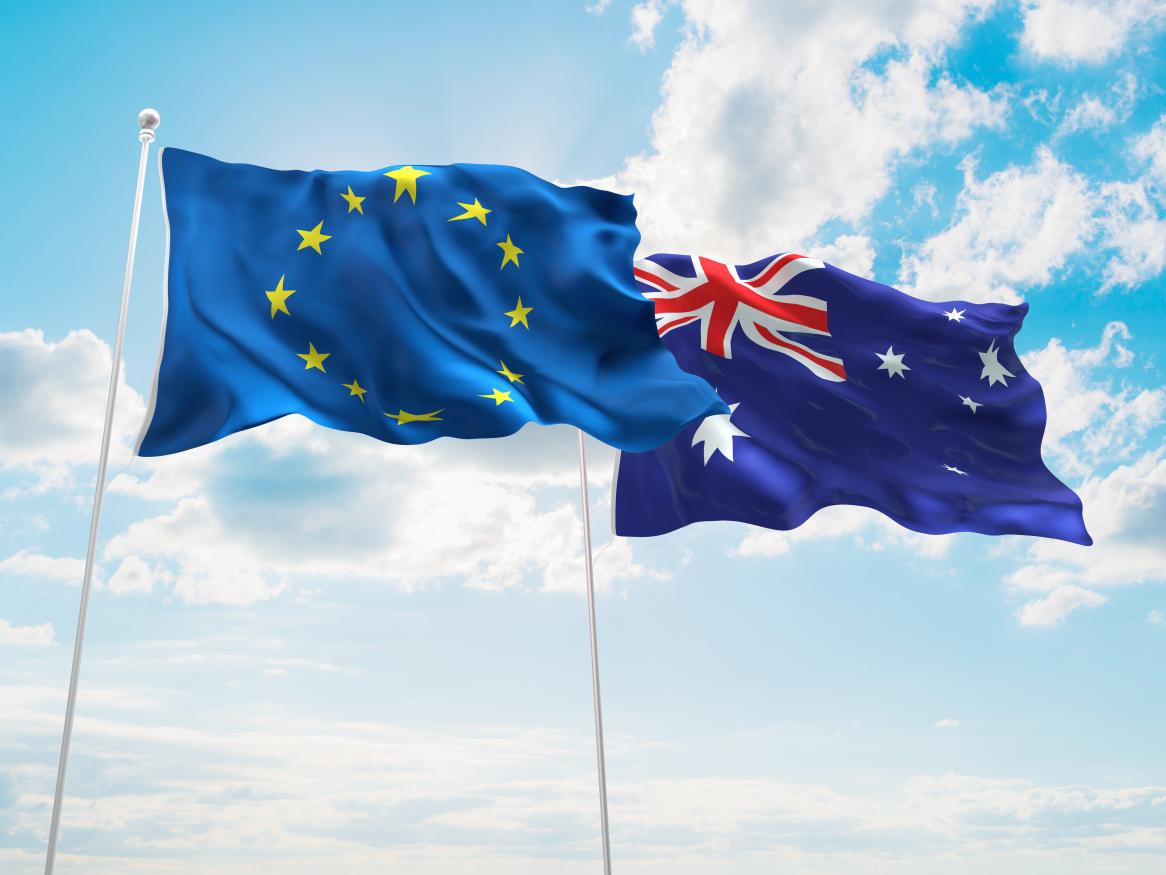News from the Institute for International Trade
Search news stories
Enter a keyword to search news.
How is the ‘Business of Climate’ impacting the ‘Climate of Business’?

WORKING PAPER 19: The European Union’s Green Deal introduces the Deforestation Regulation and Corporate Sustainability Due Diligence Directive (CSDDD) to ensure sustainable supply chains. These regulations pose challenges for exporters from Emerging Asia, especially smallholder producers, due to strict compliance and documentation requirements. Countries like Indonesia, India, and Malaysia are concerned about the economic burden and trade barriers these rules impose. While certification alignment could ease compliance, high costs remain a barrier. For a smooth transition, the EU needs to improve support mechanisms and foster greater collaboration with affected trading partners
[Read more about How is the ‘Business of Climate’ impacting the ‘Climate of Business’?]
Indonesia’s Trade Policy Regime amidst Global Challenges

POLICY BRIEF No. 28 – Dr Harry Wardana is an Economist at the Institute for International Trade, University of Adelaide. Indonesia's trade policy is currently shaped by a fragmented global trade environment marked by geopolitical tensions and supply chain disruptions. As an emerging economy in ASEAN, Indonesia faces significant challenges, particularly in managing the impacts of global inflation, commodity price volatility, and interest rate hikes. Despite these challenges, Indonesia has maintained steady economic growth, driven by strong fiscal and monetary policy coordination, robust domestic demand, and a positive current account balance. Looking forward, the new government led by Prabowo Subianto must navigate these global risks and chart a strategic path that fosters economic resilience and sustainable growth while maintaining Indonesia's neutral stance in regional geopolitical dynamics.
[Read more about Indonesia’s Trade Policy Regime amidst Global Challenges]
Due Diligence Legislation and Policies: Australia’s TransparencyBased Approach to Addressing Risks of Modern Slavery in Supply Chains

POLICY BRIEF No.27 - Dr Legesse Mengie is a sessional lecturer and researcher at the University of Adelaide and University of South Australia. Australia’s Modern Slavery Act, enacted in 2018, represents a transparency-based approach to combating modern slavery in supply chains. Unlike its counterparts in Europe and North America, the Act lacks penalties for non-compliance and imposes no specific positive due diligence obligations beyond reporting requirements. However, recent studies and the government’s statutory review highlight significant compliance challenges, suggesting that substantial reforms to the current due diligence system are imminent. These reforms are critical for aligning Australia's legislation with international best practices while balancing the need to protect human rights and sustain corporate competitiveness
Implications of the EUDR on global palm oil supply chains

WORKING PAPER 18: From December 2024, the European Union Deforestation Regulation (EUDR) will require palm oil to come from sources not linked to deforestation. This creates challenges for suppliers, especially small ones, due to strict tracking and compliance rules. Countries like Indonesia and Malaysia are concerned about these challenges. However, aligning with certification schemes like Malaysia's MSPO may help gain EU approval. The EUDR also classifies countries by deforestation risk, making it easier for low-risk nations to comply. For a smooth shift to deforestation-free trade, it's important to extend timelines, support small suppliers, and use local initiatives.
[Read more about Implications of the EUDR on global palm oil supply chains]
The Impact of Due Diligence Legislation on International Trade and Business: An Analysis of Potential Trade-Offs

WORKING PAPER 17: As countries increasingly adopt due diligence legislation to promote human rights, labor standards, and environmental sustainability in global value chains, a complex dilemma arises. While these laws commendably aim to address moral and political issues in international trade, they may also impose significant costs on companies, potentially disincentivizing investment and trade. This study examines the impact of due diligence laws on international trade and business, analyzing some 60 cases.
Mapping networks of export credit for fossil and clean energy infrastructure

WORKING PAPER 16: Official Export Credit Agencies (ECAs) are pivotal in the global energy sector, investing billions annually in fossil fuel projects. They could significantly boost the energy transition by reducing risks in large projects and supporting climate finance goals. Our working paper analyzes ECA financing in Asia-Pacific, highlighting integrated fossil fuel lending across diverse nations without clear geopolitical divides, unlike the fragmented clean energy network dominated by a "China vs. the rest" pattern. To enhance ECAs' climate contributions, the study suggests ending fossil fuel financing, easing clean energy project requirements, increasing renewable energy funding, and expanding ECAs' roles via blended finance. The IEA stresses ECAs are crucial for achieving net zero by 2050.
[Read more about Mapping networks of export credit for fossil and clean energy infrastructure]
The New Agreement on Electronic Commerce updates The World Trade Organisation Rulebook for the 21st Century

WTO credibility with the global business community is salvaged. Despite much media focus on worrisome protectionist and isolationist trends, a new and constructive era of global trade governance has quietly begun.
A Survey of Australians’ Attitudes to Trade with the European Union

The re-election of EU Commission President Ursula Von der Leyen offers the prospect for restarting trade talks between Australia and the EU. Therefore, we are pleased to announce the results of our recently commissioned survey of Australians’ attitudes towards the European Union, and the delayed free trade agreement in particular. Overall, Australians strongly support the EU and the FTA. These results, and many other interesting findings that reinforce Australia’s growing partnership with the EU, are available here. Click "read more" to read the full report and results.
[Read more about A Survey of Australians’ Attitudes to Trade with the European Union]
Book Launch: Export Restrictions and Export Controls, with focus on the US-China Semiconductor War.

The Institute for International Trade invites you to a book launch "Export Restriction & Export Controls, with focus on the US-China Semiconductor War". Thursday 4 July, 2024 at 12:1pm. Guest speaker and author, Associate Professor Umair Hafeez Ghori, Faculty of Law, Bond University. Moderator: Professor Peter Draper, Executive Director, Institute for International Trade.
This is an in person event, register now to secure your place !
International Trade and Sustainable Development: The Future of Climate and Biodiversity Governance

POLICY BRIEF No.26 - Dr. Tracey Dodd, Prof. Johanna Kujala, Dr. Riikka Tapaninaho, Dr. Annika Blomberg, Dr. Anna Hannula, Heta Leinonen, and Filippe Delarissa Barros. History shows that existing approaches to international treaties, like the Paris Agreement, have not yet delivered adequate action to avoid catastrophic climate change by the turn of the century. A new approach to climate and biodiversity governance is therefore needed. Specifically, one that can consider tensions brewing across the principles of national interests and trade liberalism, and the critical issue of sustainable development that can ensure global economic stability and continued productive trade between nations.
This work is licensed under Commons Attribution-NonCommercial-NoDerivatives 4.0 International License.
IIT is a global leader in researching, analysing and commenting on International Trade.
Stay informed about our up-and-coming seminars, events, publications, awards, new projects and collaborations, and other exciting news.
